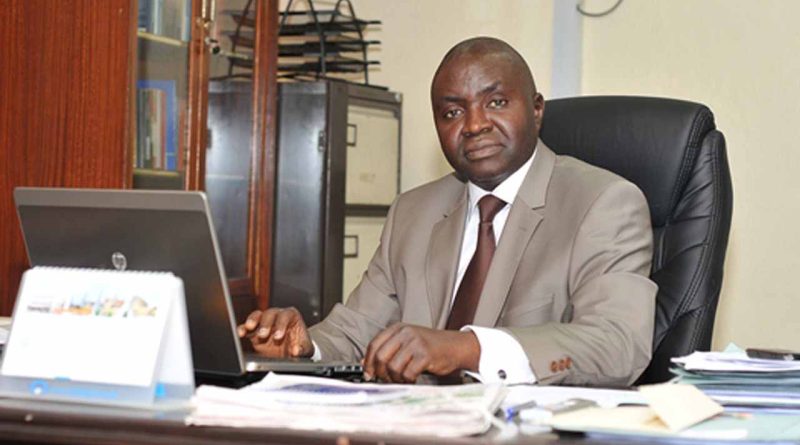Nigeria needs investor protection framework to restore confidence, CPPE says
Muda Yusuf, director and chief executive officer of the Centre for the Promotion of Private Enterprise (CPPE)
The Centre for the Promotion of Private Enterprise (CPPE) has called on the Nigerian government to create a comprehensive legal and policy framework to protect investors and employers, warning that the absence of such safeguards is undermining confidence, weakening industrial productivity, and deterring long-term capital inflows.
In its latest policy brief titled “Protecting Investors and Employers: A National Policy Imperative,” the private-sector think tank said Nigeria’s economy cannot thrive if those who take risks, mobilise capital, and create jobs remain exposed to arbitrary regulatory actions, frequent policy reversals, and unrestrained labour union disruptions.
“Investors, entrepreneurs, and employers are the lifeblood of every modern economy,” said Muda Yusuf, director and chief executive officer of CPPE. “Yet, in Nigeria, their rights and investments remain inadequately protected.”
Yusuf noted that while workers enjoy strong legal protection, there is no equivalent institutional safeguard for employers and investors. This imbalance, he said, has left the real sector—particularly manufacturing—vulnerable to strikes, coercion, and costly disruptions.
Read also: CPPE tasks govt to transform growth momentum into prosperity
“There is a growing and disturbing incidence of incredibly disproportionate industrial actions that paralyze production and inflict huge financial losses,” he said.
To correct this, CPPE recommended the enactment of an Investor and Employer Protection Act to codify the rights and obligations of regulators, unions, and employers, while prohibiting intimidation, unauthorised shutdowns, and harassment.
The proposed law would also create penalties, restitution mechanisms, and strengthen the Industrial Arbitration Panel for faster dispute resolution.
The group further proposed establishing an ‘Independent Investment Ombudsman’ to handle complaints against government agencies and mediate disputes. It also urged reforms to guarantee regulatory stability, including Investor Impact Assessments before major policy changes, a five-year rolling regulatory roadmap, and clear limits on the powers of agencies to prevent abuse.
Yusuf said labour unions play a legitimate role in defending workers’ rights but insisted their actions must align with the law and national interest. He urged that essential sectors like energy, transport, and health be designated as strategic, with compulsory arbitration mechanisms to prevent economic paralysis.
“Protecting investors is not about weakening labour,” Yusuf said. “It’s about balancing rights and responsibilities to foster stability, attract capital, and ensure sustainable economic growth.”
He added that implementing these reforms would restore investor confidence, boost productivity, and strengthen Nigeria’s competitiveness in the global economy.

